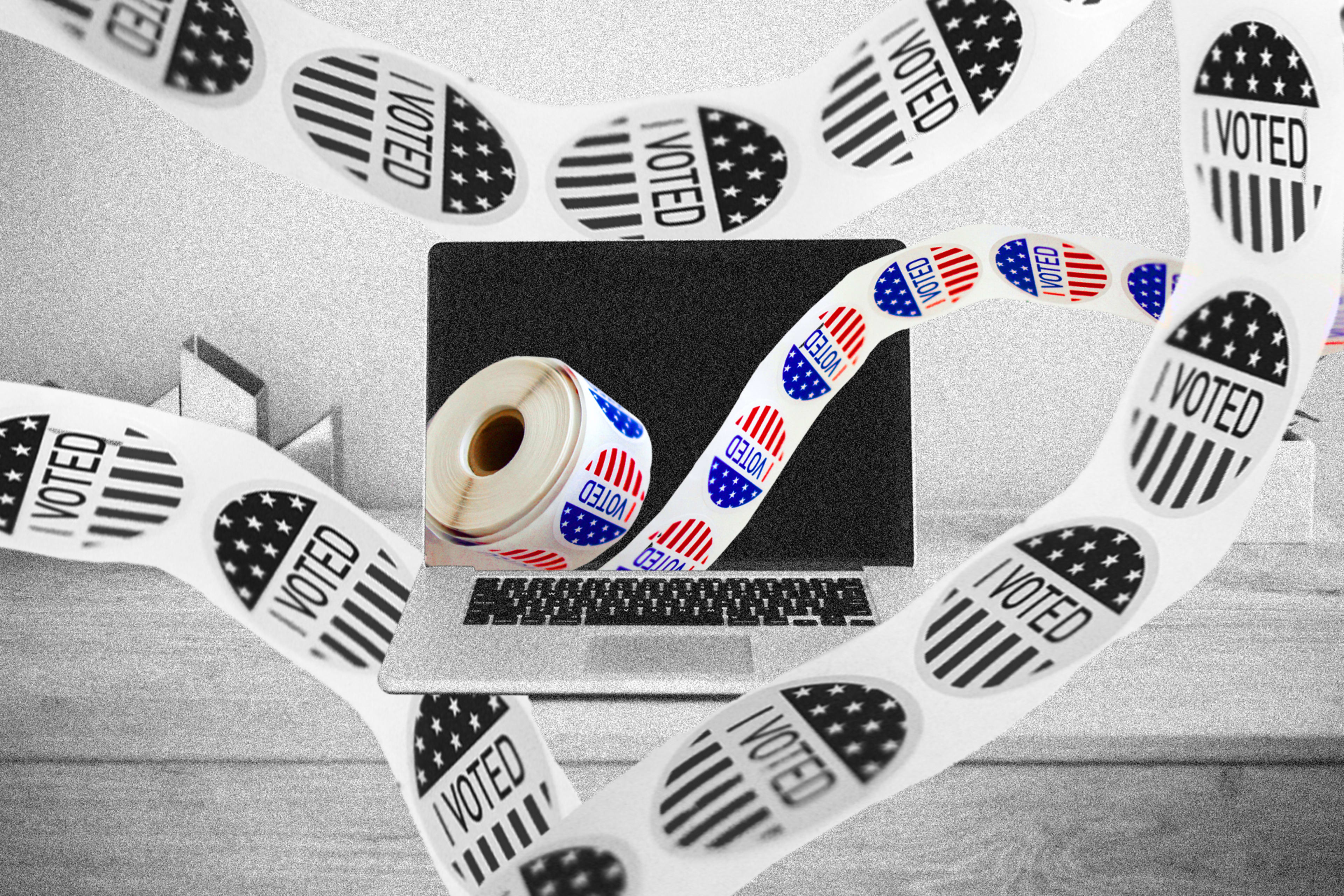The midterms are nearly here, which means social media platforms’ ability to police content and protect against misinformation will soon be put to the test again. Unfortunately, many of those tech companies are surrounded in controversy: Twitter headquarters, for example, has been in utter chaos since Elon Musk’s takeover last month, and Meta is expected to announce layoffs this week.
How might that uncertainty impact tomorrow’s results? Fast Company’s Mark Sullivan took to Twitter Spaces to ask Katie Harbath, Facebook’s former public policy director, and Edward Perez, Twitter’s former director of product management for societal health, their thoughts on how social platforms can uphold election integrity during the midterms.
Below, three key takeaways from their conversation.
Twitter’s layoffs could hinder its content moderation—depending on who got fired
Though Perez hailed Twitter’s employees as hardworking, diligent, and capable, he worries that there simply aren’t enough employees to tackle the challenge of moderating midterms coverage—especially not after last week’s mass layoffs at the company. “I don’t think we can diminish what the chaos of the layoffs has done,” Perez says. “It’s not entirely clear, and it’s not easy to know who is still left there and how their capabilities might have been impacted.”
Musk’s Twitter is counterintuitive to content moderation
Beyond Musk’s decision to cut so many team members, his very philosophy for the future of Twitter could make it difficult to moderate content on the platform.
“Historically, Twitter has been relied upon by what the public’s called elites and global leaders and journalists and politicians, precisely because there is a high quality of information integrity there,” explains Perez.
But Musk’s plans for Twitter lean away from that reputation, instead focusing on sustainable business practices and monetization, including his verification scheme and concept for video paywalls.
“That’s a very different vision for Twitter,” says Perez. “I think growing the base in the way that he has talked about, it poses real challenges for content moderation.”
It’s not too soon to think about 2024
Though 2022’s elections are still underway, Harbath worries that a drop-off in content moderation across platforms could already have a dangerous impact on 2024, a year with not only a U.S. presidential election, but also elections in India, Indonesia, Ukraine, Taiwan, Mexico, and the U.K, among others.
“That’s never happened before, with all of those in the same year,” Harbath says. “It makes me really concerned that this is the period of time that these companies are having to downsize.”
Recognize your brand’s excellence by applying to this year’s Brands That Matter Awards before the early-rate deadline, May 3.
